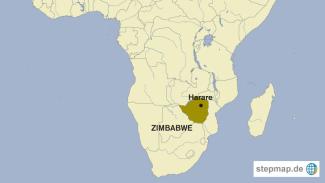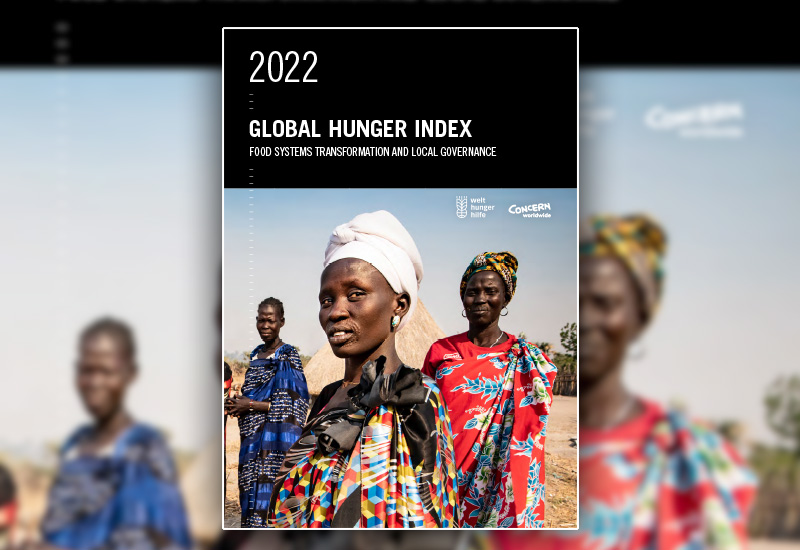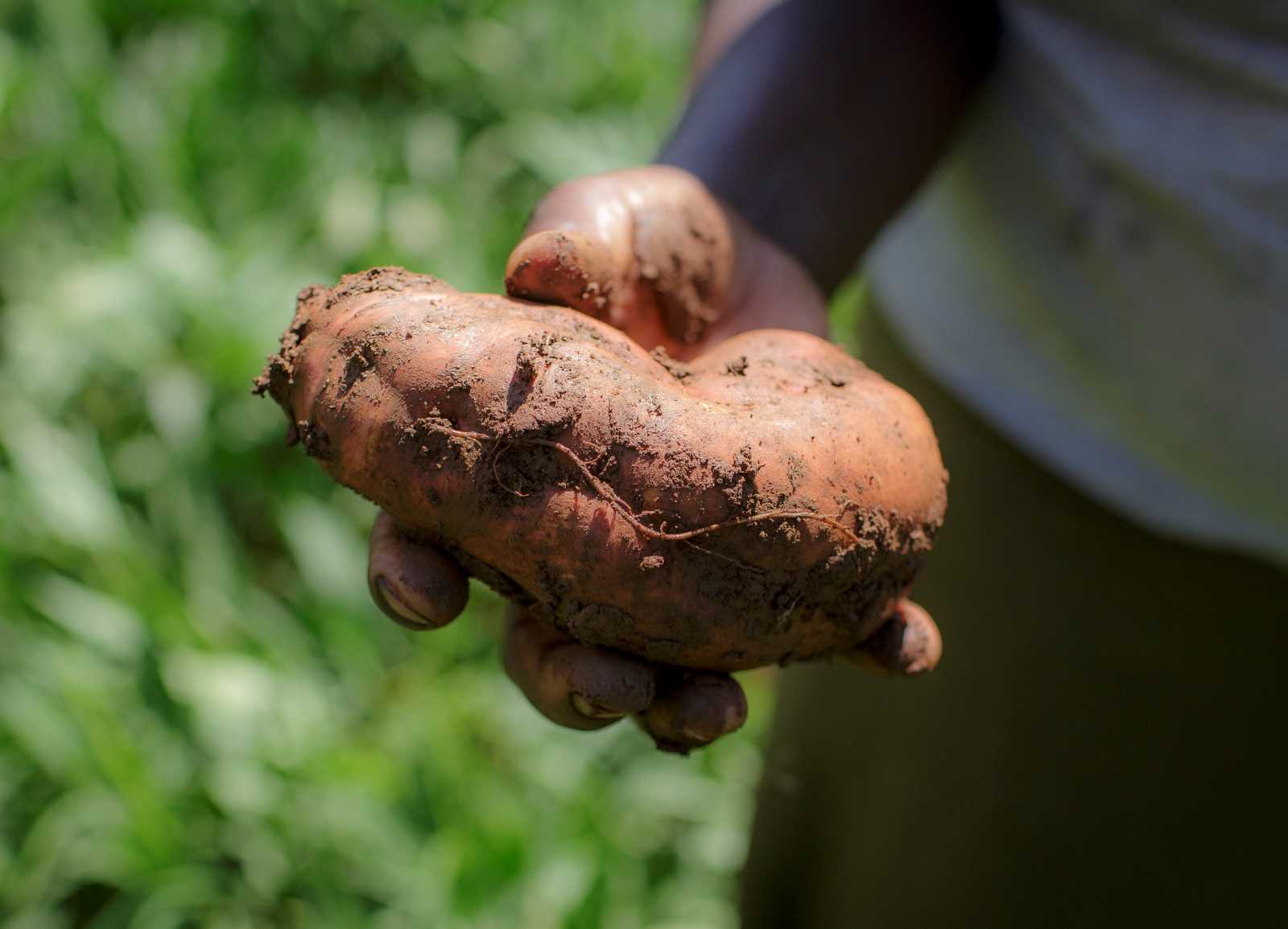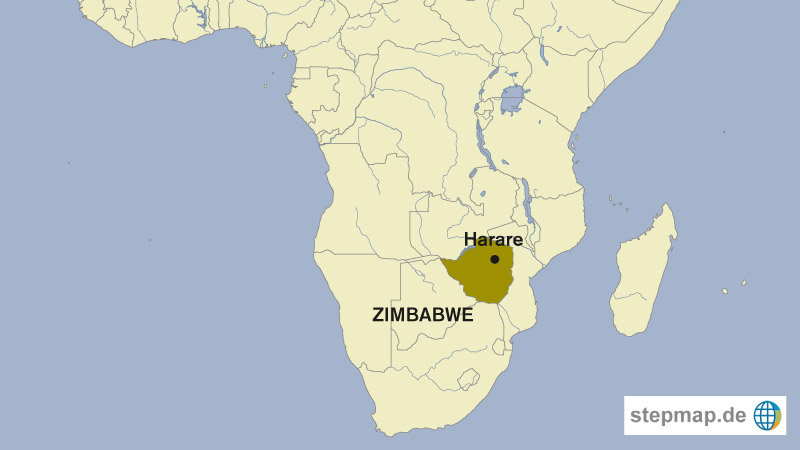Natural disasters
On-going droughts

At first, it was the heat that wilted away the plants on the fields. In March then came Cyclone Idai, the worst tropical cyclone on record in Africa: The ensuing floods washed away the already weathered crops. The most vulnerable people reside in drought-prone rural areas, relying exclusively on rain-fed agricultural production for their food consumption. They have been hardest-hit by erratic rainfalls, prolonged dry spells and now by the cyclone.
Forty-seven-year-old Shonani Dzanani is a widow with six school-age children in a village in south-eastern Zimbabwe. Even if it would rain now, she could not till her land. “I have no ox anymore to draw the plough in the planting season,” Dzanani says. Her herd of twelve cattle has perished due to lack of pasture. “I have to take on shoddy jobs in people’s homes to earn some money,” Dzanani complains.
The lack of rainfall has hit south-eastern Zimbabwe the hardest, particularly around the town of Chiredzi. “This area is fast turning into a desert because of frequent droughts in the last years. Forests are disappearing because they can’t cope without rain,” says Nathanson Mbuzi, the government’s climate-change officer based in Chiredzi.
According to environmental expert Denis Chovava, deforestation has also been a contributing factor. “Forests are cut down for firewood, leaving the ground bare and exposed,” Chovava explains.“The heat can therefore damage crops and even wild vegetation.”
Zimbabwe’s drought this year is even being felt across towns and cities, affecting many urban farmers like 67-year old Dadirai Chiwoniso who lives in a low-income suburb of the capital Harare. “This season, I won’t harvest anything from my little back-yard field. But I depend on it in order to feed my family,” Chiwoniso says.
According to the United Nations World Food Programme (UNWFP), 1.5 million Zimbabweans living in urban areas are facing severe food shortages in the face of the country’s shattered economy, which compounds the effects of the drought.
Recently, the UN launched the Zimbabwe Flash Appeal (ZFA), seeking donor support to provide urgent humanitarian assistance to the 5.3 million people in this southern African nation who suffer food insecurity.
Jeffrey Moyo is a journalist and lives in Harare, Zimbabwe.
moyojeffrey@gmail.com
Link
2019 Zimbabwe Flash Appeal:
https://reliefweb.int/report/zimbabwe/2019-zimbabwe-flash-appeal-january-june-2019














